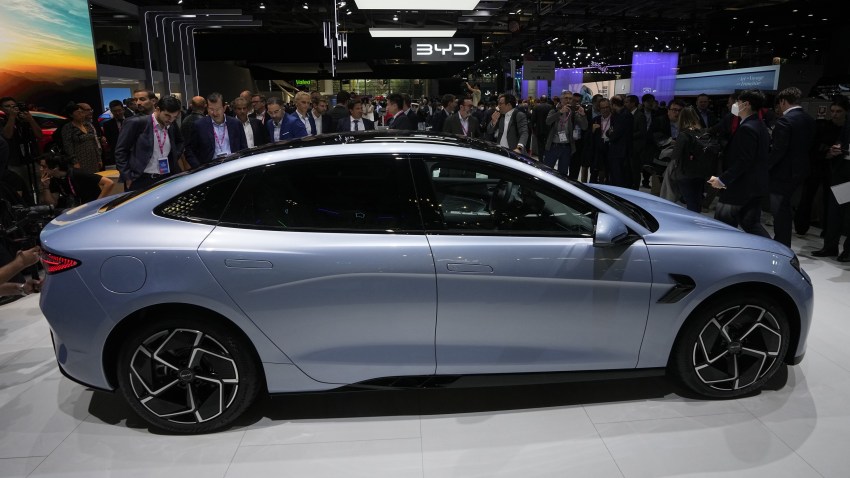The European Union said it would impose additional tariffs of up to 38 percent on electric vehicles, or EVs, imported from China. The move comes a month after U.S. President Joe Biden raised tariffs on Chinese-made EVs to 100 percent. (New York Times)
Our Take
The EU’s decision to impose these tariffs marks the culmination of a few broad trends in global trade and politics over the past decade. First, there is the emergence of the green transition as an arena of geopolitical competition as much as it is an arena for cooperation, if not more so. As the commercial advantages of that transition have become clear, that competition has focused on the green technology powering it.
As it stands, China has taken a decided lead in that competition. It got there by following a similar playbook to the strategy that made it so dominant as a manufacturer of low-end goods. Beginning as early as 2009, Beijing’s state-led industrial policies began flooding the country’s industrial champions with loans, investments and subsidies to build up a massive capacity in the EV and EV battery market. This strategy inevitably leads to excess capacity, especially considering the low domestic demand in China. That excess capacity is now being exported overseas, flooding markets with cheap EVs manufactured in China.

